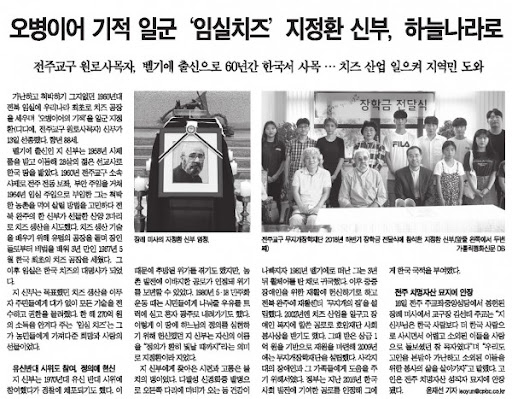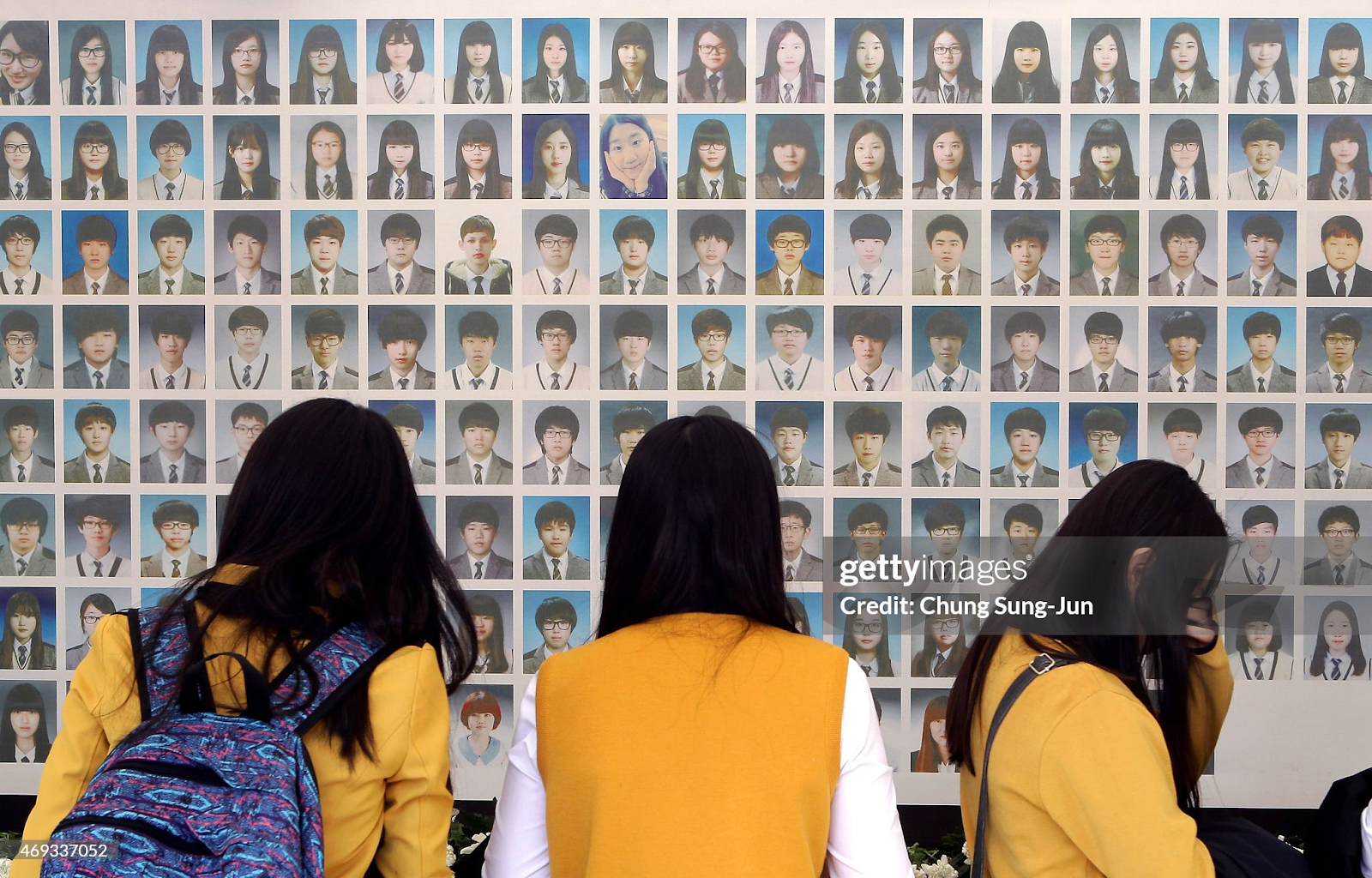The Reconciliation Column of the Catholic Times by the Taize Brother gives us another look at the pain that was experienced by so many ten years ago in April with the Sewol Ferry disaster.
It was one of the saddest and most painful Easter celebrations of the Lord's Resurrection. After 15 days of being unable to say or write anything, a bleeding heart flower in the garden caught his eye. The French name for the bleeding heart is ‘Coeur de Marie’ (Heart of Mary). Because the shape of the flower looks like blood or tears flowing from the heart, it was probably named ‘bleeding heart’ (English) or ‘weeping heart’ (German). How could tears of blood not flow from the heart of Mother Mary when she saw her son dying on the cross?
During the Sewol Ferry disaster, many people cried together as if they had lost their own children. There were many promises to create a safe country, and there were pledges to ‘never forget’, ‘not to stand still’, and ‘to be together until the end’. However, as time passes, some in society turn a deaf ear to the bloody voices of the bereaved families and even show hostility to the yellow ribbon.
In defiance of the people and forces trying to erase uncomfortable memories, the Sewol Ferry victims' families did not simply remain as victims but actively socialized the disaster. Many bereaved families refused the compensation from the state and filed a lawsuit against the state for damages, resulting in the state's responsibility being acknowledged. They used the compensation money to establish a foundation, and in November of last year, they established a network with victims of other disasters.
The rusty Sewol ferry was salvaged a long time ago, but the new ‘Korean ferry’ has not yet been launched. Communities are becoming more and more fragmented, and individuals are going their separate ways. The COVID-19 pandemic has made it clear that all beings are interconnected, but our society has not learned from it either. In the plausible name of restoring daily life, we have returned to an era of extreme competition, pursuit of efficiency, consumption, and exhibitionism.
When someone tried to erase the memory of the Sewol Ferry, the 10/29 Itaewon disaster occurred and the death of Marine Corps Sergeant Chae occurred. Disasters coupled with the climate crisis continue. Still, no one in high positions takes responsibility.
The word most often recalled on the 10th anniversary of the Sewol Ferry disaster is the promise to ‘never forget.’
Christians are a people of memory. The disciples, who were witnesses to the resurrection, did not erase their memories of the cruel death of their teacher Jesus. For 2,000 years, we remember and celebrate the Cross and Resurrection together.
The scene of Mary, the mother of Jesus, weeping at the foot of the cross is not the last time she appears in the Bible. The Virgin Mary was with the church in Jerusalem, the new community that began after the resurrection of Jesus.
The Sewol victims' families are overcoming deep pain and wounds, fighting to create a safe society for everyone to prevent the same tragedy from repeating and laying the foundation for a new Korean community. Even though 10 years have passed, he still cries with them today while listening to their sobbing voices. Like the Western name for bleeding heart, with the heart of Mary shedding tears.






